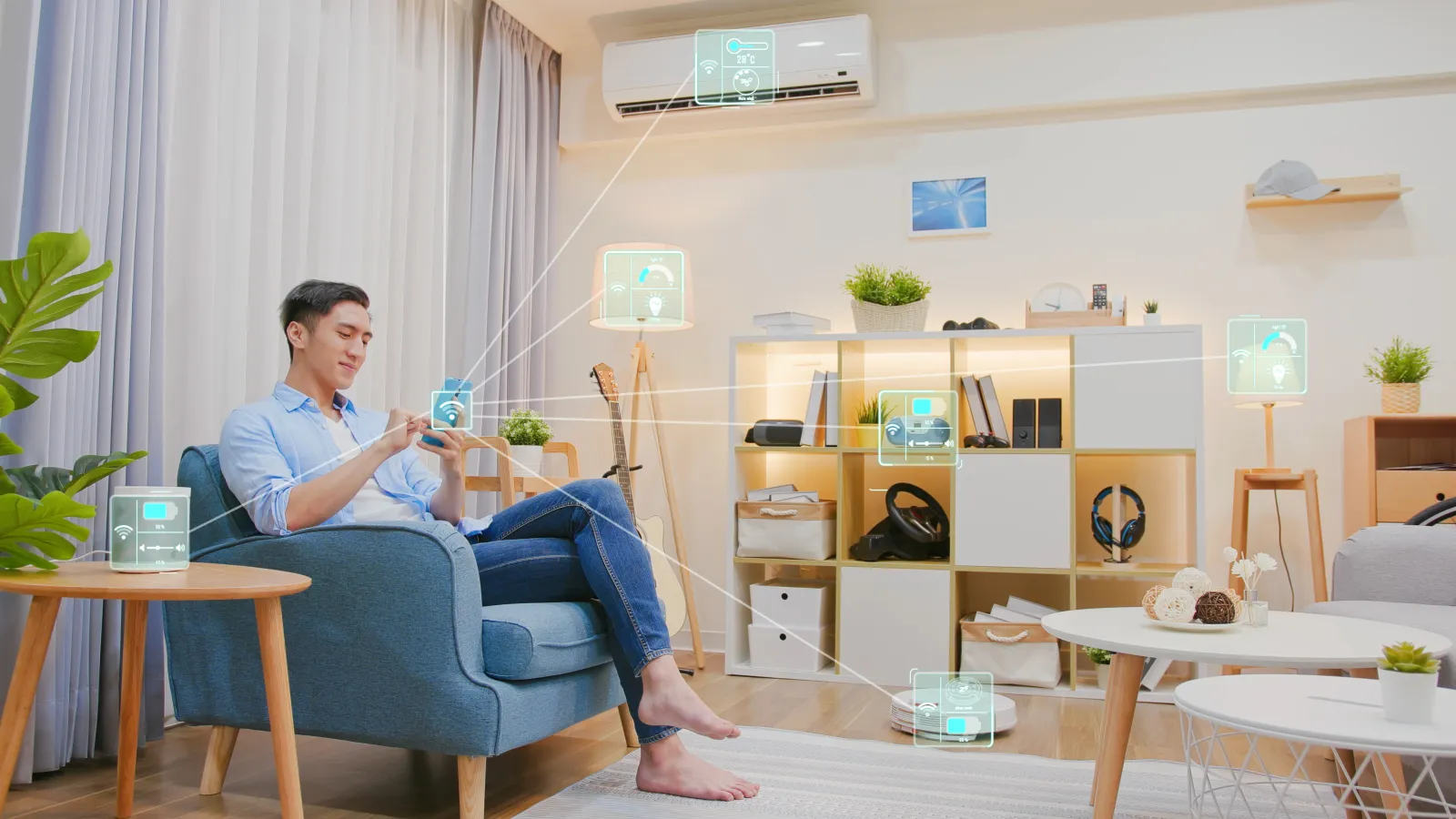In today's digital age, the concept of home comfort is evolving at a rapid pace, thanks to the integration of smart home technologies. These innovations are not only making our lives more convenient but also more efficient, sustainable, and personalized. In this blog, we'll explore the future of home comfort and how smart homes are transforming the way we live.
1. Personalized Climate Control:
Imagine entering your home, and it automatically adjusts the temperature and lighting to your preferences. Smart thermostats, like those from Nest and Trane, are already making this a reality. They learn your habits, anticipate your needs, and optimize your home's environment for comfort and energy efficiency.
2. Voice-Activated Assistance:
Voice-activated virtual assistants like Google Assistant, and Apple's Siri are becoming central to smart homes. You can now control lights, thermostats, and even home entertainment systems with simple voice commands, making daily tasks effortless.
3. Energy Efficiency:
Smart homes are inherently energy-efficient. They monitor your energy usage in real-time and provide insights on how to reduce consumption. You can remotely adjust settings, turn off devices, and schedule energy-saving modes, ultimately lowering your utility bills and reducing your carbon footprint.
4. Enhanced Security:
Smart home security systems are more sophisticated than ever. They offer features like facial recognition, smart locks, and real-time surveillance. You can monitor your home from anywhere, receive alerts, and even grant access to trusted individuals remotely.
5. Health and Wellness:
Smart homes are increasingly focusing on occupants' well-being. Devices like air purifiers, humidity sensors, and sleep-tracking mattresses contribute to a healthier indoor environment. Smart fridges can suggest healthy recipes, while fitness trackers sync seamlessly with your home's data ecosystem.
6. Sustainability and Renewable Energy:
The future of home comfort is undoubtedly sustainable. Solar panels, energy storage systems, and electric vehicle chargers are becoming standard features of smart homes. These technologies reduce reliance on traditional power grids and promote clean energy solutions.
7. Predictive Maintenance:
Your home's smart systems can identify potential issues before they become major problems. For instance, your HVAC system might alert you to a minor malfunction, allowing you to address it promptly, preventing costly repairs and system downtime.
8. Seamless Integration:
Interoperability among smart devices is improving, allowing various systems to communicate and work together. This integration ensures a cohesive and efficient smart home experience.
9. Accessibility for All:
Smart home technology is becoming more inclusive, with features designed to assist individuals with disabilities. Voice control, smart appliances, and adaptive lighting enhance accessibility and independence.
10. Data Privacy and Security:
As smart homes collect more data, privacy and security concerns grow. The future will bring robust encryption, better data anonymization, and increased user control over personal information.
In conclusion, the future of home comfort is undeniably linked to the rise of smart homes. These technological advancements promise unparalleled convenience, energy efficiency, security, and sustainability. Embracing this evolution can lead to a more comfortable, healthier, and environmentally conscious lifestyle. As we continue to innovate, the possibilities for enhancing home comfort in the digital age are limitless. We carry the full line of Google Nest Pro products- contact us or use our shop to learn more!

